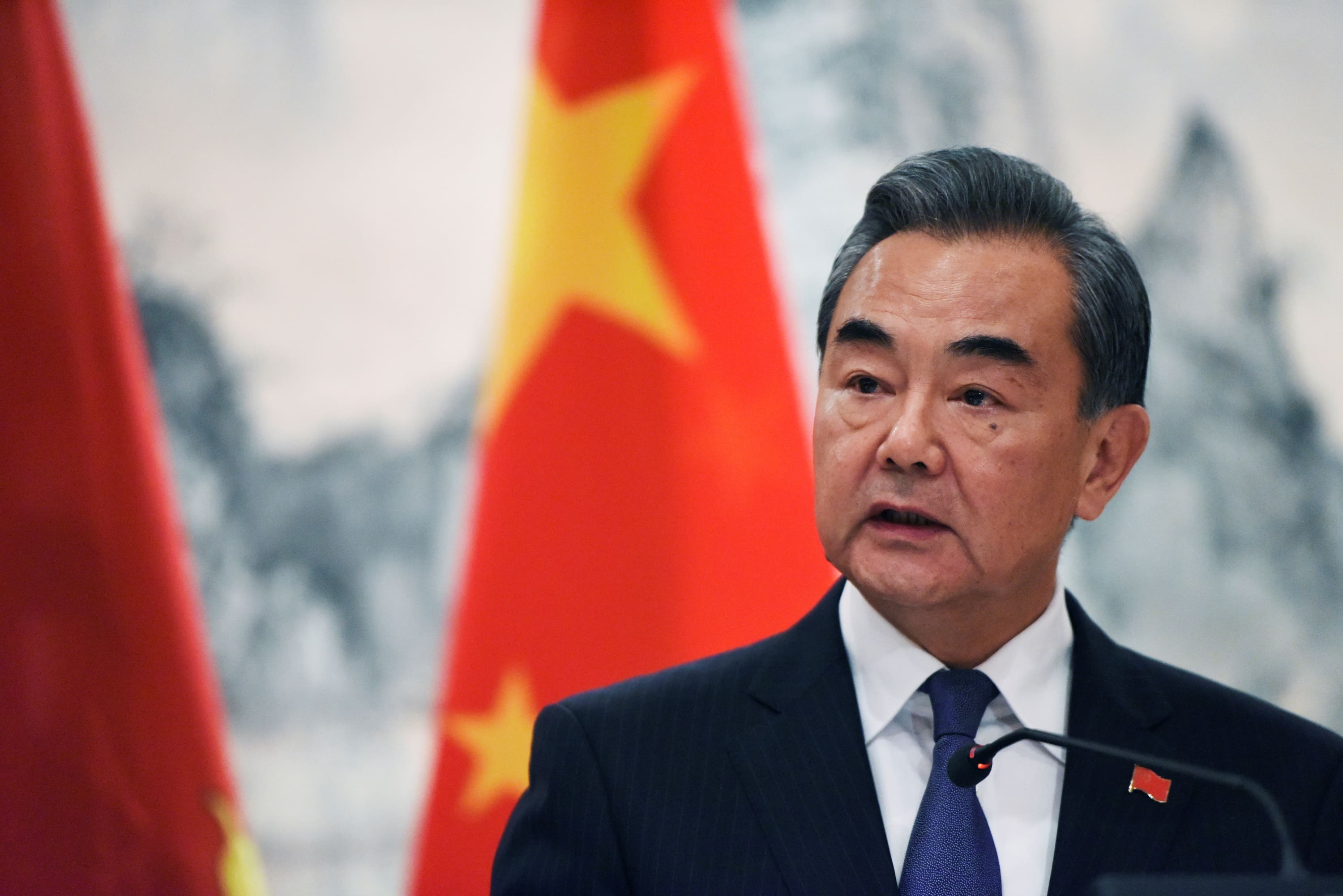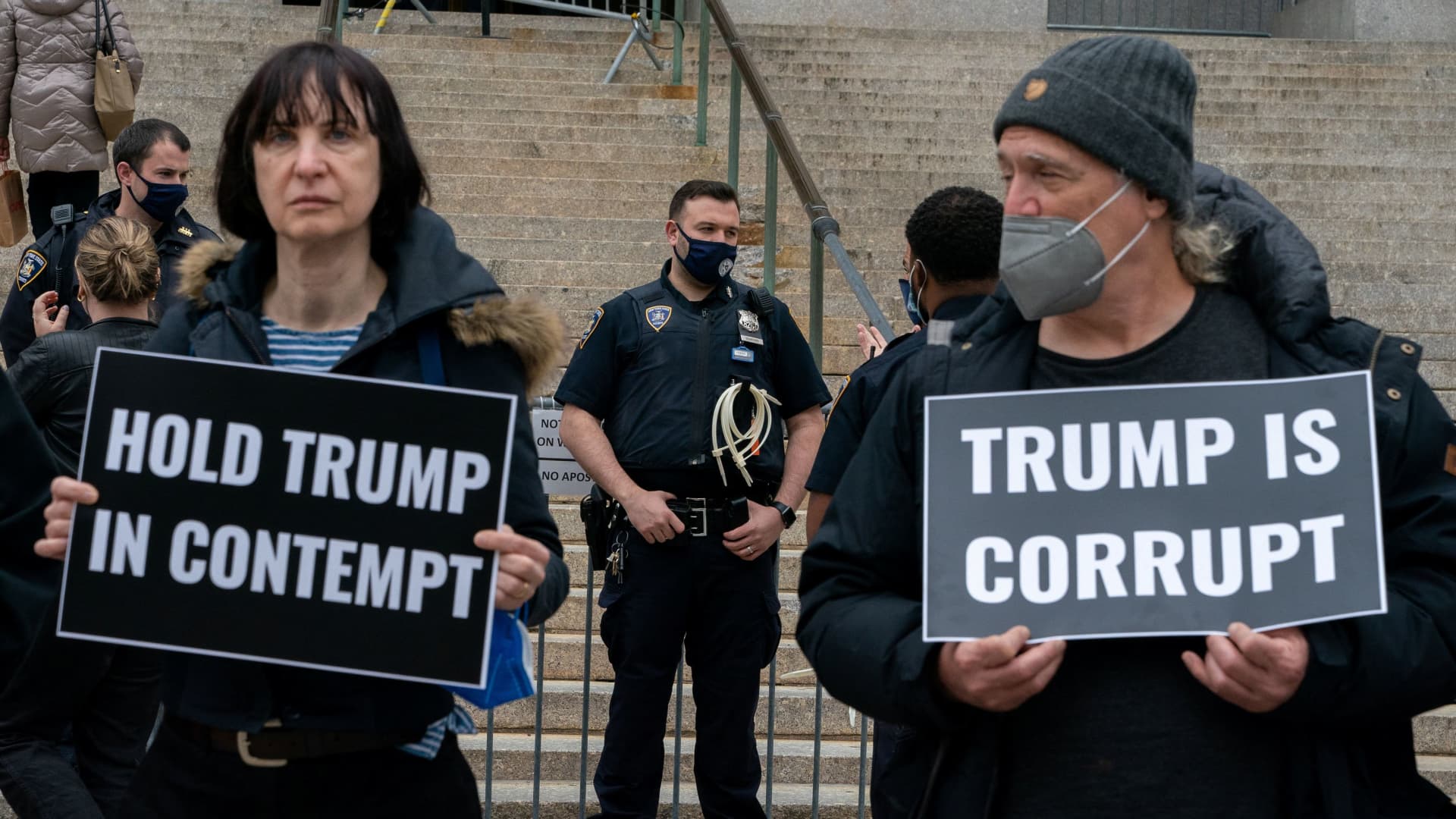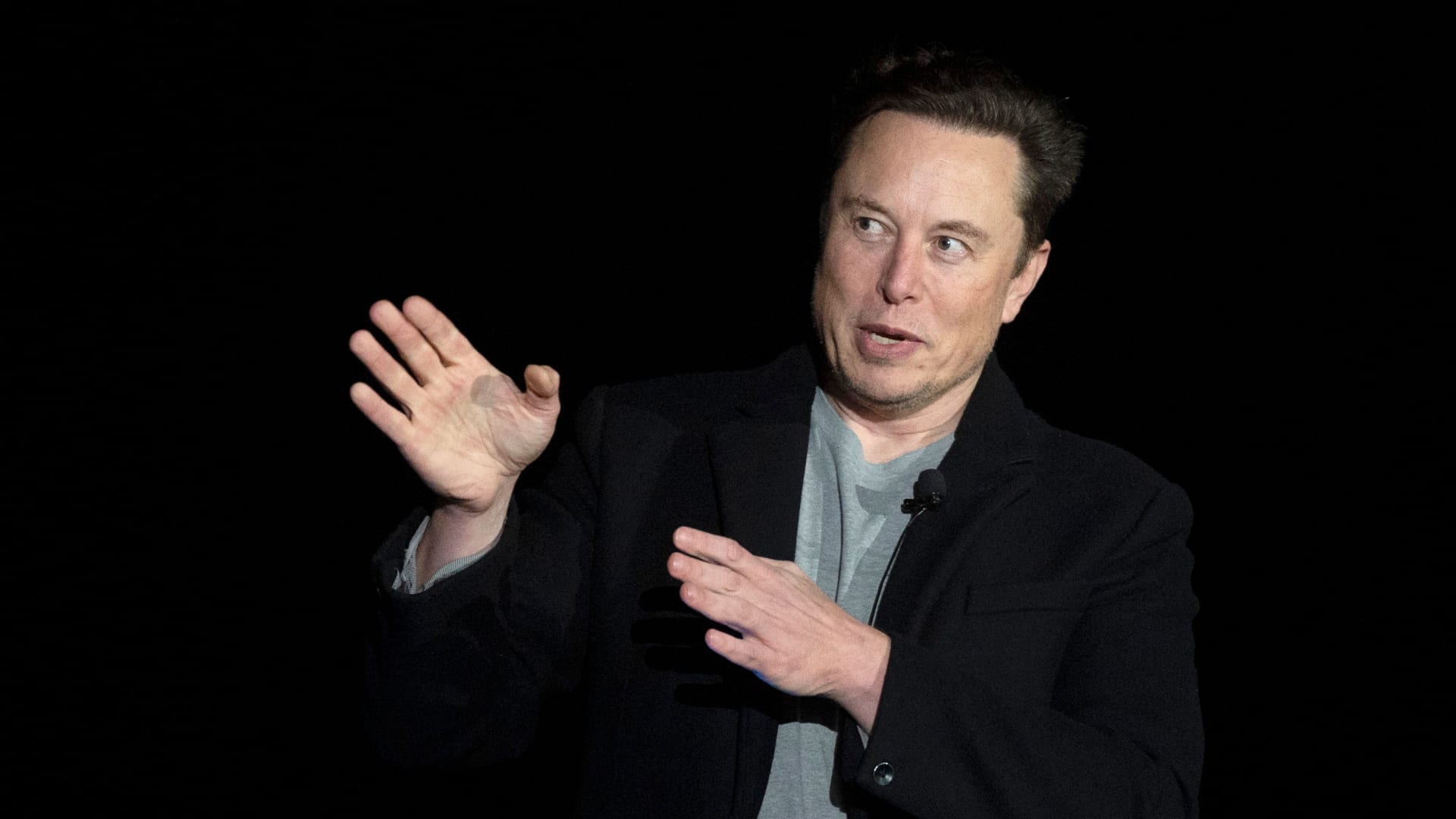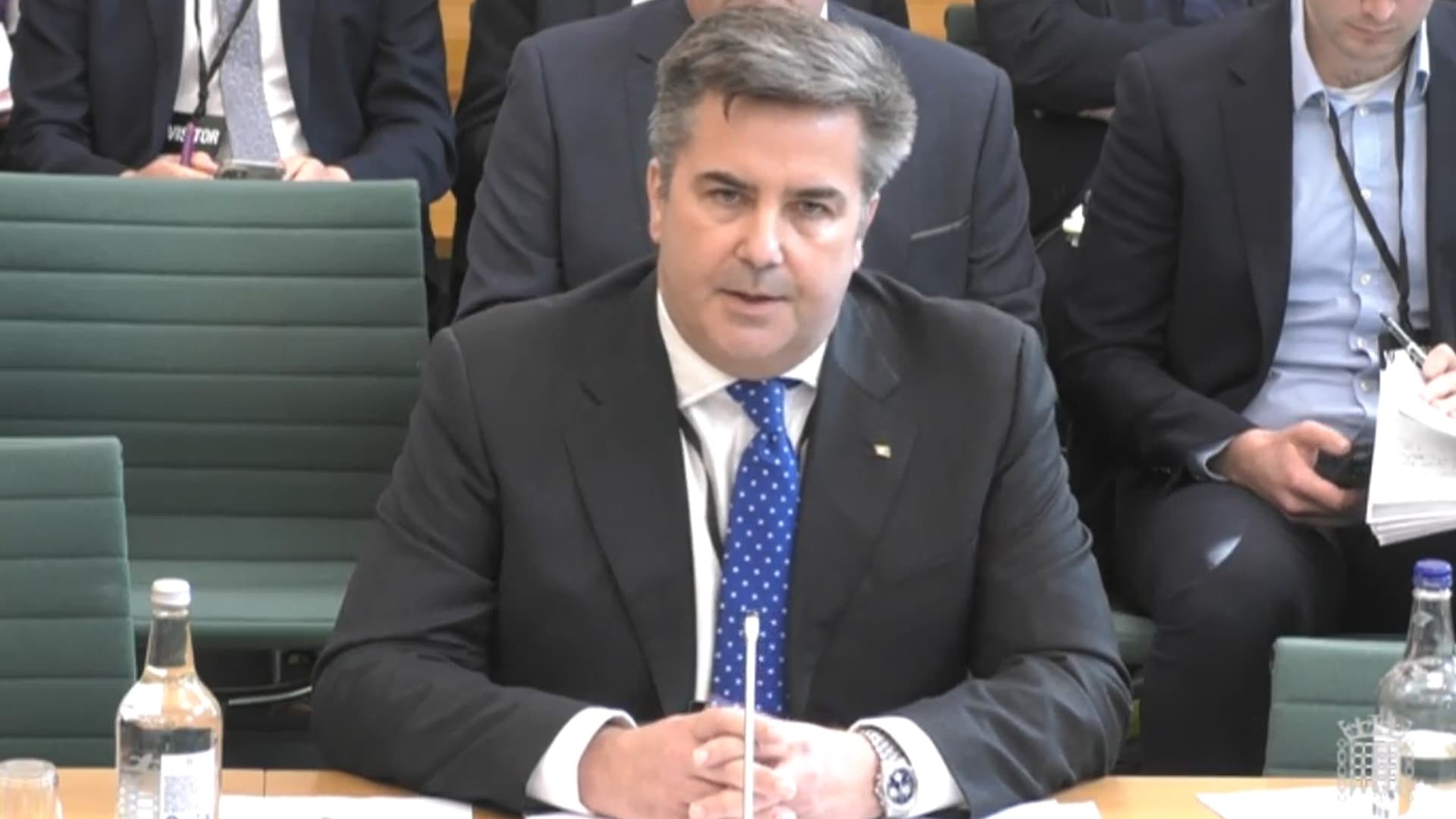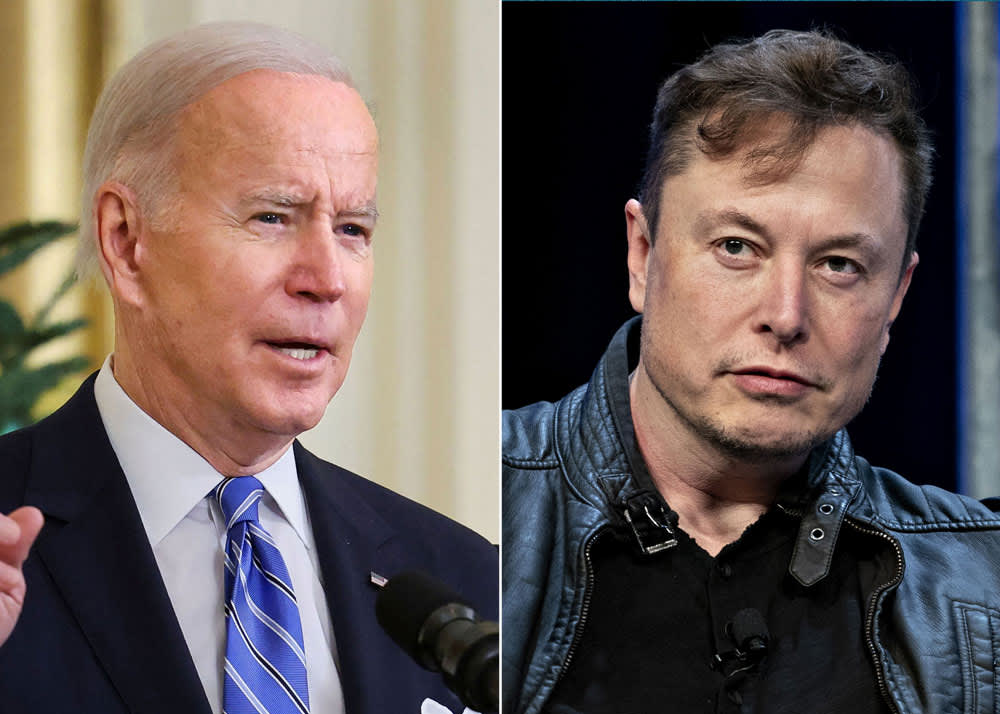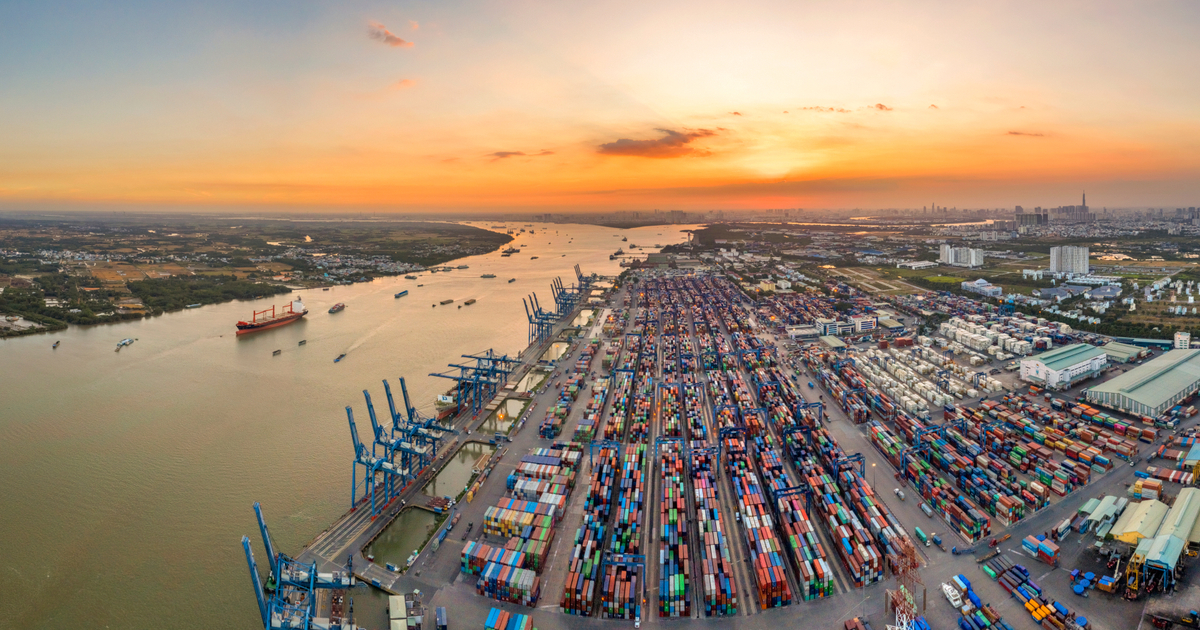U.S. Defense secretary speaks with Russian counterpart as war in Ukraine enters ninth month
The last known instance of the two leaders speaking was in May.
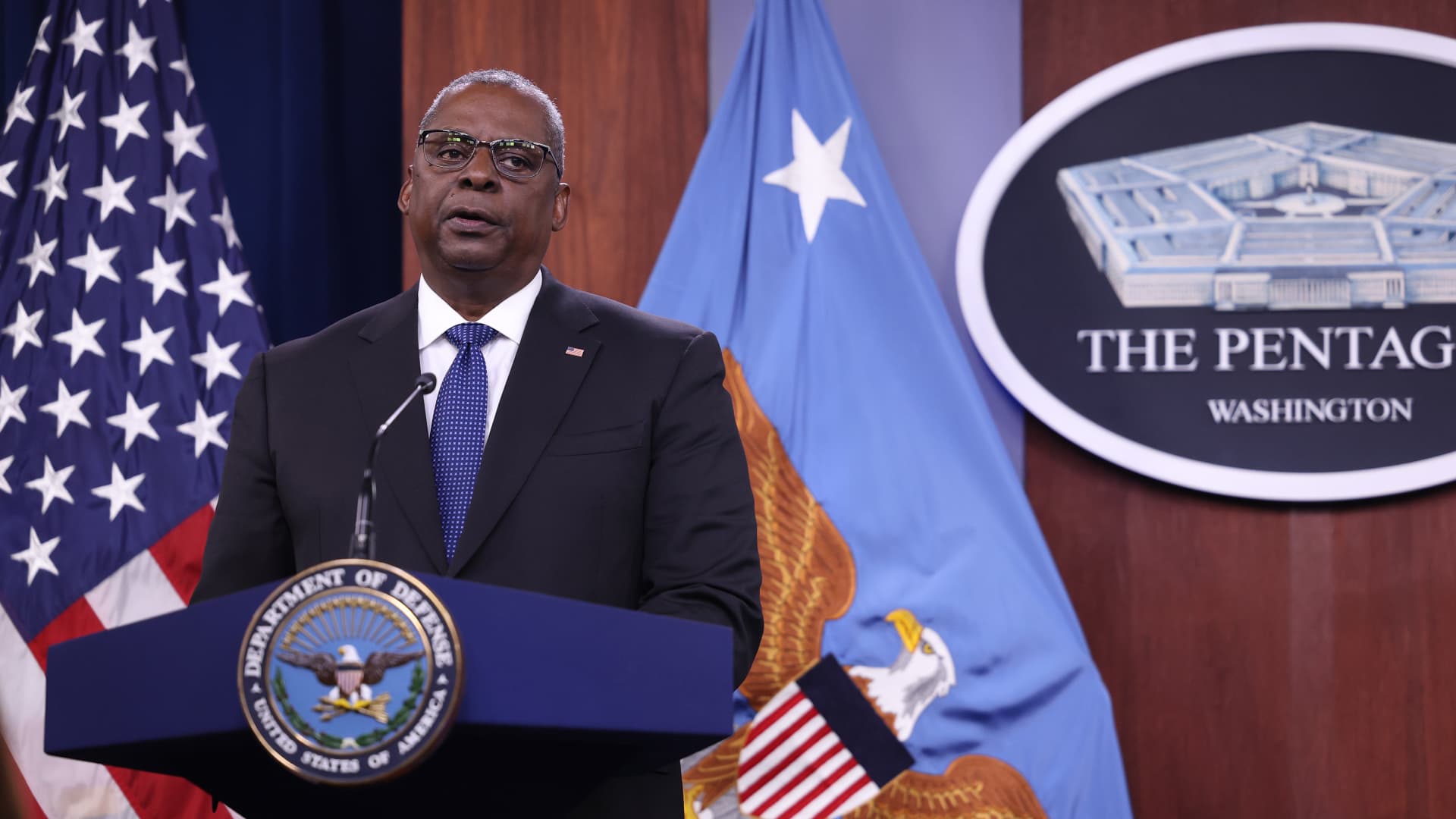
Secretary of Defense Lloyd Austin speaks at a news briefing at the Pentagon on July 20, 2022 in Arlington, Virginia.
Anna Moneymaker | Getty Images
WASHINGTON – Secretary of Defense Lloyd Austin spoke with his Russian counterpart Friday morning, the second known call since the Kremlin's full-scale invasion of Ukraine in late February.
Pentagon press secretary Air Force Brig. Gen. Pat Ryder said Austin spoke with Russian Minister of Defense Sergey Shoygu by phone. The Kremlin also confirmed the call in a separate readout.
"Secretary Austin emphasized the importance of maintaining lines of communication amid the ongoing war against Ukraine," according to the Pentagon. The last known instance of the two leaders speaking was in May.
The call comes as the war enters its ninth month and as Ukraine continues a stunning counteroffensive to retake more of Russian-occupied territory in the east and south.
Russian President Vladimir Putin (L) and Defence Minister Sergei Shoigu (C) meet soldiers during a visit at a military training centre of the Western Military District for mobilized reservists, outside the town of Ryazan on October 20, 2022.
Mikhail Klimentyev | Afp | Getty Images
Secretary of State Antony Blinken traded barbs last month with his Russian counterpart during a U.N. Security Council meeting. Blinken cited credible reports of Russian forces committing war crimes in Ukraine. America's top diplomat detailed the grisly discovery of mass graves in the Ukrainian cities of Izyum and Bucha.
Russian Foreign Minister Sergey Lavrov denied the allegations and placed the blame for civilian deaths squarely on Ukraine. He also blamed the United States, France and Germany for not holding Ukraine accountable for the alleged atrocities.
In recent days, Moscow has upped the ante with several devastating missile and drone strikes against what Kyiv said were civilian targets and critical infrastructure such as energy facilities. Ukraine has also accused Russia of using Iranian drones in its widespread and indiscriminate attacks. Tehran and Moscow have repeatedly denied the alleged arms transfers.
Following the fresh drone strikes, the United States, Britain and France raised the implications of such Iranian arms transfers to Russia in a closed-door U.N. Security Council meeting.
The three nations — also members of the original 2015 Iran nuclear deal — say that by providing Russia with drones, Iran has violated a U.N. Security Council resolution. The resolution, known as 2231, prohibits the transfer "of all items, materials, equipment and goods and technology" from Iran to another nation unless it is approved in advance by the U.N. Security Council on a case-by-case basis.
Iran's U.N. representative Ambassador Amir Saeid Iravani told reporters on Wednesday following the U.N. Security Council meeting that such transfers are "outside the scope" of the 2015 resolution and therefore Tehran has not violated its commitments.
He also cited Tehran's neutrality in the Ukraine conflict and reiterated urgent calls for a resolution to the war.
"Iran has consistently advocated for peace and the immediate end to the conflict in Ukraine," Iravani said.
He added that the claims are "unfounded and unsubstantiated" and said that the West was mounting a disinformation campaign against his country. Iravani, who took no questions from reporters, also said the baseless allegations were "disappointing."
Meanwhile, Dmitry Polyanskiy, first deputy permanent representative of Russia to the United Nations, told reporters that the drones found in Ukraine are not Iranian but Russian-made.
He said that images of the drones downed in Ukraine clearly have Russian inscriptions on them. He added, though, that he is not a drone expert and could not elaborate further.

 Tekef
Tekef 







